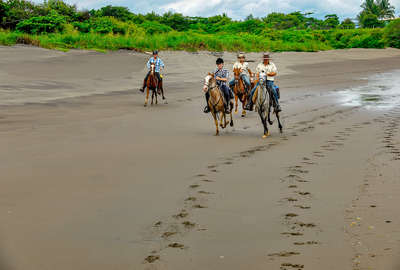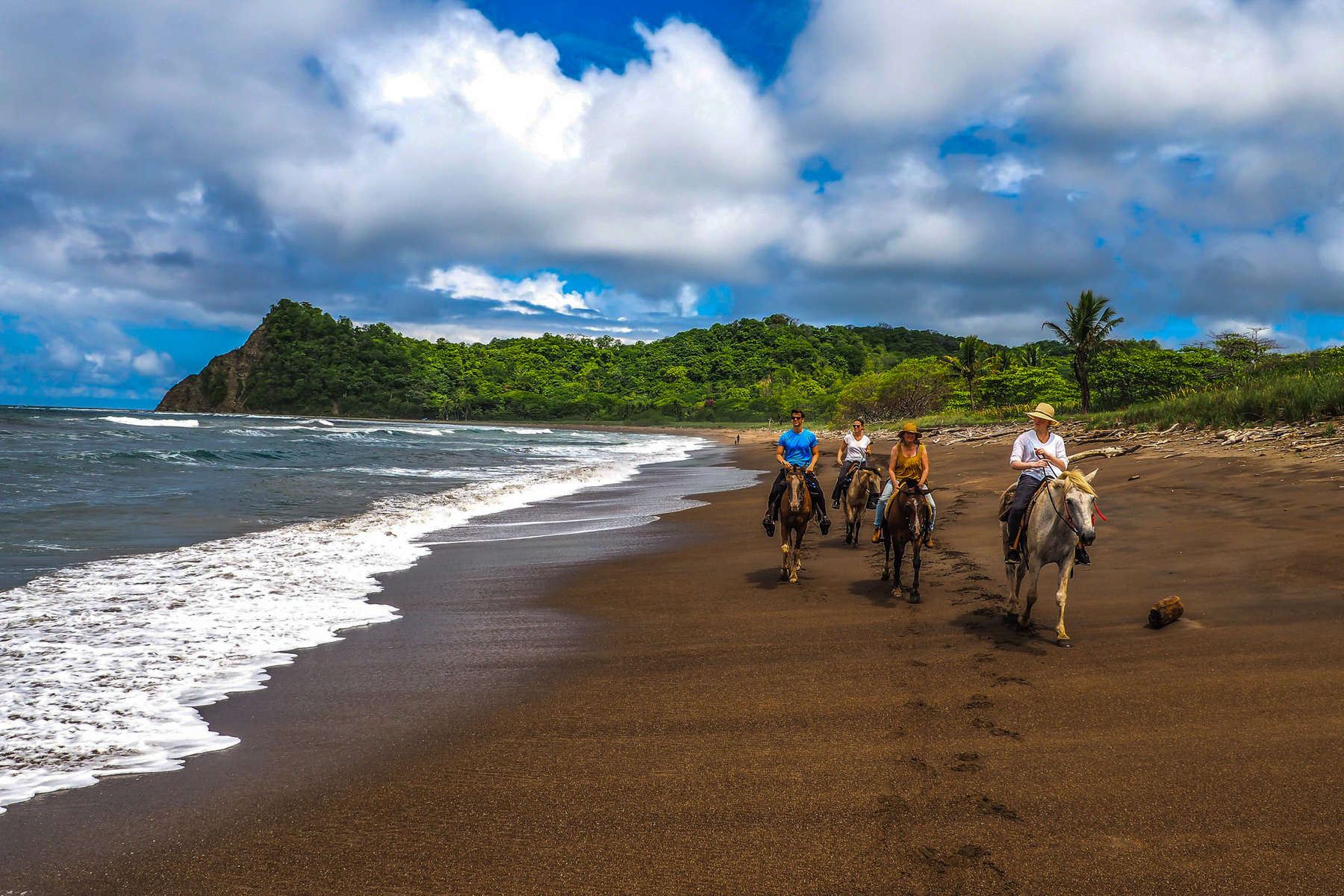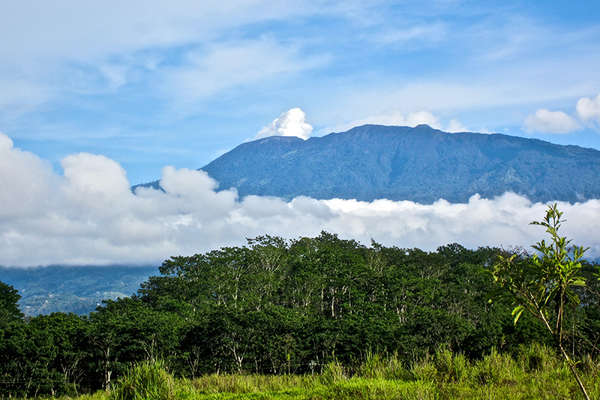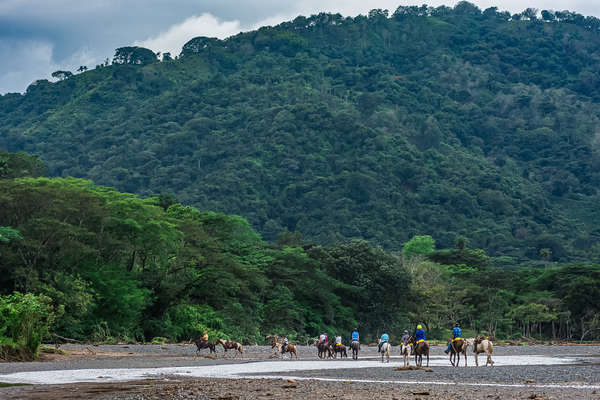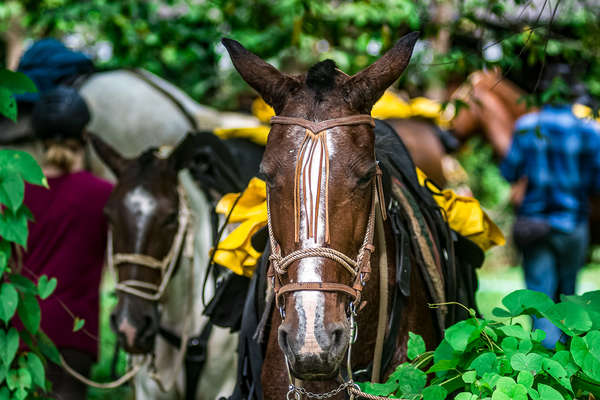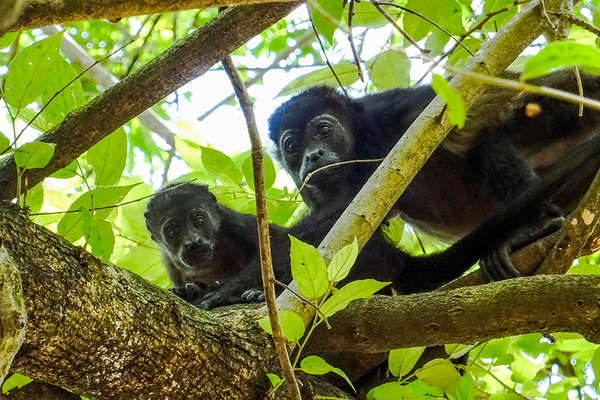British nationals don’t need a visa to enter Costa Rica. You may stay as a visitor for up to 3 months under a tourist visa waiver, although the exact period is at the discretion of the immigration officer on arrival. If you plan to work, or stay for a longer period, then multiple exit and entry isn’t an approved alternative to obtaining the relevant visa for your circumstances. You should check the requirements with the Costa Rican authorities. Entry to Costa Rica may be refused if you are unable to produce evidence of return or onward travel (for example a return air ticket).
The immigration authorities are strict about foreigners who have overstayed.
Your passport should have at least one day’s validity from the date you are leaving Costa Rica. If you hold a passport other than a British Citizen passport, different regulations may apply.
Please refer to your home country's Foreign Office website for up-to-date information. This section predominantly refers to UK citizens, and advice can vary depending on your nationality. Although we endeavour to keep this section updated, requirements can change quickly, and your home country's Foreign Office website takes precedence.
Addresses of consulates
UK health authorities have classified Costa Rica as having a risk of Zika virus transmission. For more information and advice, visit the website of the National Travel Health Network and Centre website.
Visit your health professional at least 4 to 6 weeks before your trip to check whether you need any vaccinations or other preventive measures. Country specific information and advice is published by the National Travel Health Network and Centre on the TravelHealthPro website and by NHS (Scotland) on the fitfortravel website. Useful information and advice about healthcare abroad is also available on the NHS Choices website.
Since 2013, there has been a sharp increase in cases of dengue.
Cases of Chikungunya virus have been confirmed in Costa Rica and the number of reported cases in the region is increasing. You should take steps to avoid being bitten by mosquitoes.
Medical care in Costa Rica is of a generally high standard. Ambulance services in remote areas may vary. Only initial emergency medical treatment is available without charge for visitors. Subsequent treatment will be charged. Make sure you have adequate travel health insurance and accessible funds to cover the cost of any medical treatment abroad and repatriation.
If you need emergency medical assistance during your trip, dial 911 and ask for an ambulance. You should contact your insurance/medical assistance company promptly if you are referred to a medical facility for treatment.
Source: https://www.gov.uk/foreign-travel-advice/costa-rica/health
It is a condition of your booking with Equus Journeys that you have travel insurance which covers you for the riding activities to be undertaken. Your travel insurance should cover you for medical expenses and repatriation. Your guides will require your travel insurance details before they allow you to ride and may refuse to let you ride if you cannot provide them. You should take your insurance documents with you.
